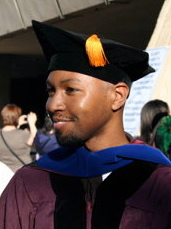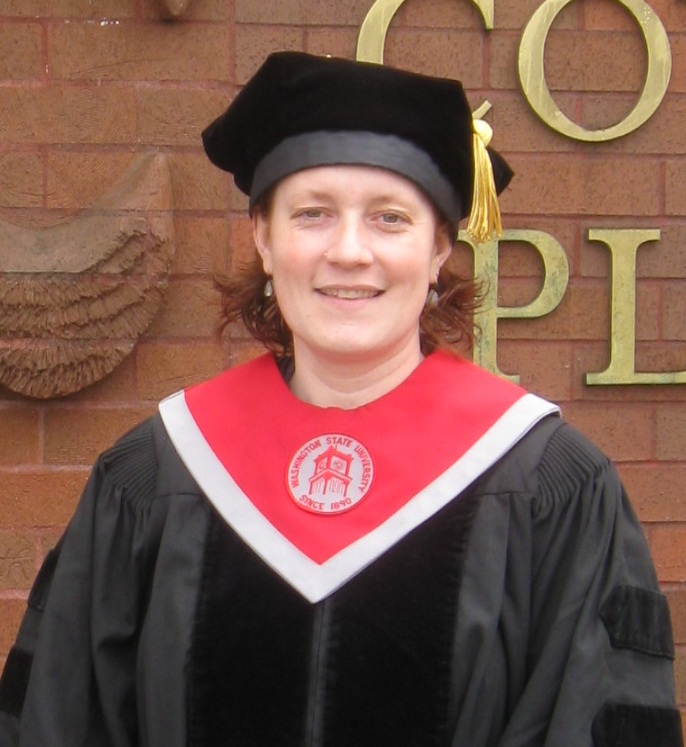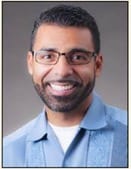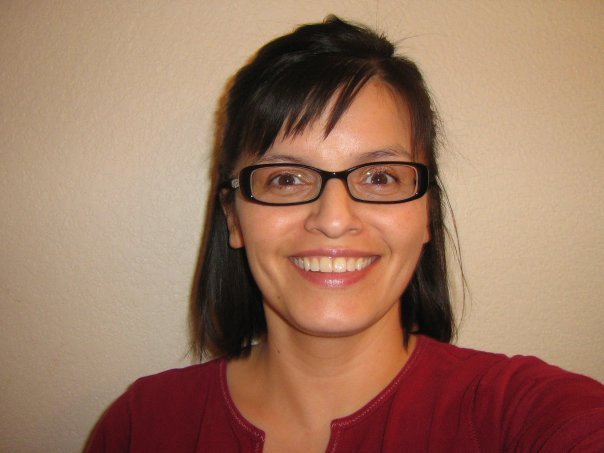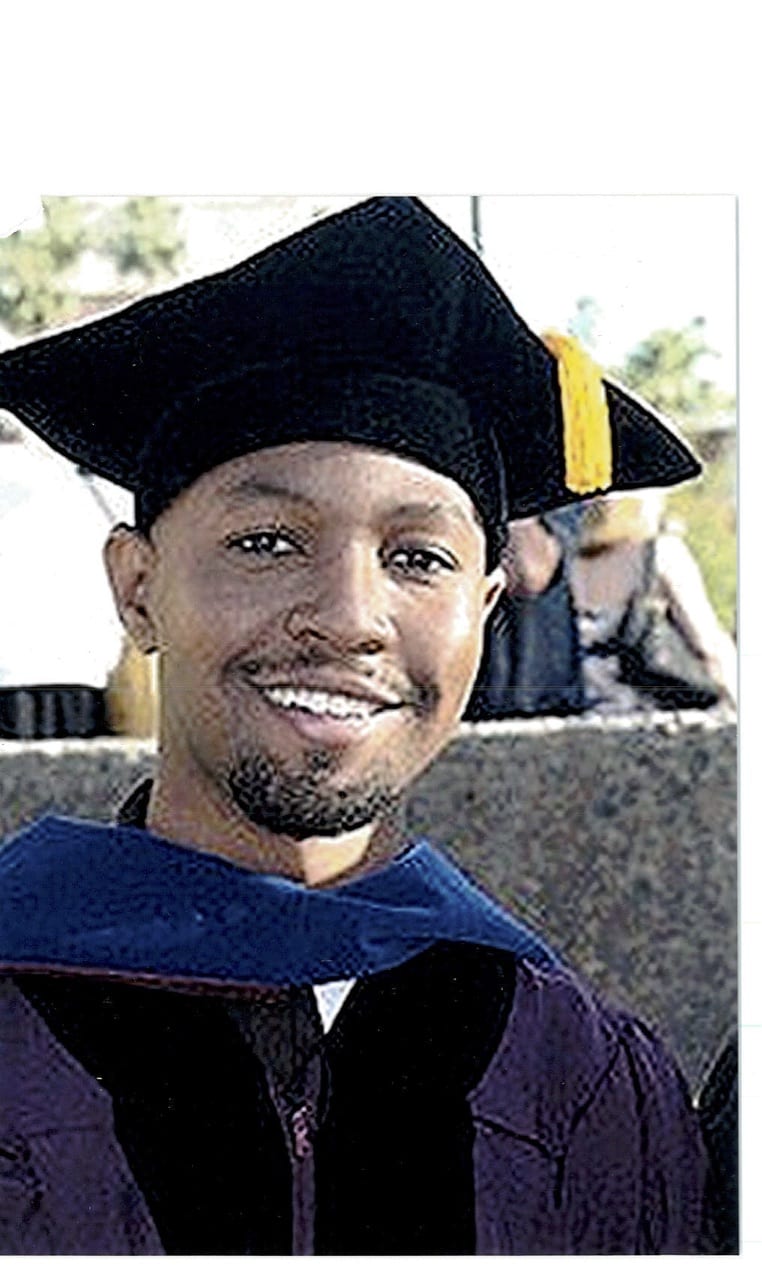Student Success Story: Micheal Callaway, PhD (EWU TRIO McNair 1998)
Current Position: Residential Faculty and Writing Program Administrator, English Department Mesa Community College (Mesa, AZ) Dr. Micheal Callaway entered the TRIO McNair Program at Eastern Washington University in the summer after his sophomore year, in 1998. He completed a second summer of McNair research in 1999 and worked for the program teaching GRE preparation in … Read more
